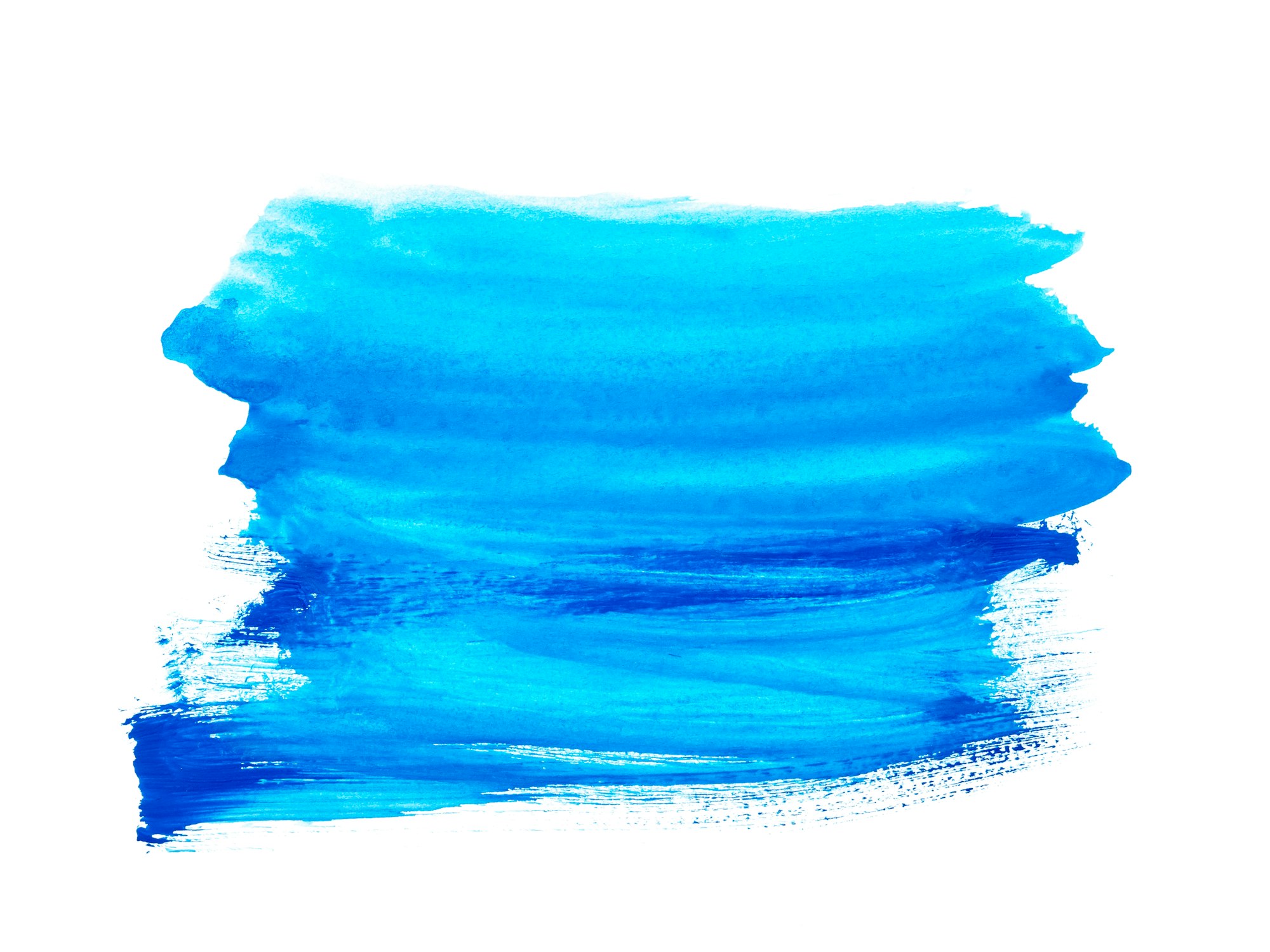On Servant Leadership
What starts with a belief that we can be superhuman often ends with the realization that we are nothing more than human.

I grew up with the idea that the best leaders were the servant leaders. They were sacrificial for their team, giving fully of themselves and leaving it all on the field. There was a time as the CEO of Uncharted when I took the idea of servant leadership too far, telling myself a story that good leadership was about shielding the rest of the team from the bad stuff. I convinced myself that I should behave like a plant performing photosynthesis that turned toxic carbon dioxide into clean, rich oxygen. Servant leadership, I believed at the time, was a function of breathing in the external problems of the business and then magically breathing out serene equanimity and abundant optimism to our team (sometimes I take my biomimicry metaphors too far).
But as my sabbatical has set in, I’ve been working with my therapist to examine the narratives underpinning my relationship to leadership, and I am reminded that I am no plant; I possess no superhuman powers to turn carbon dioxide into oxygen, and the times when I told myself I should be a photosynthetic leader were exactly the times when I felt most alone, most burdened, most tired. What starts with an obsession to protect others often ends with a realization that we haven’t been protecting ourselves. What starts with a belief that we can be superhuman often ends with the realization that we are nothing more than human. There is a gentleness when we negotiate the space between our audacity and our acquiescence.
